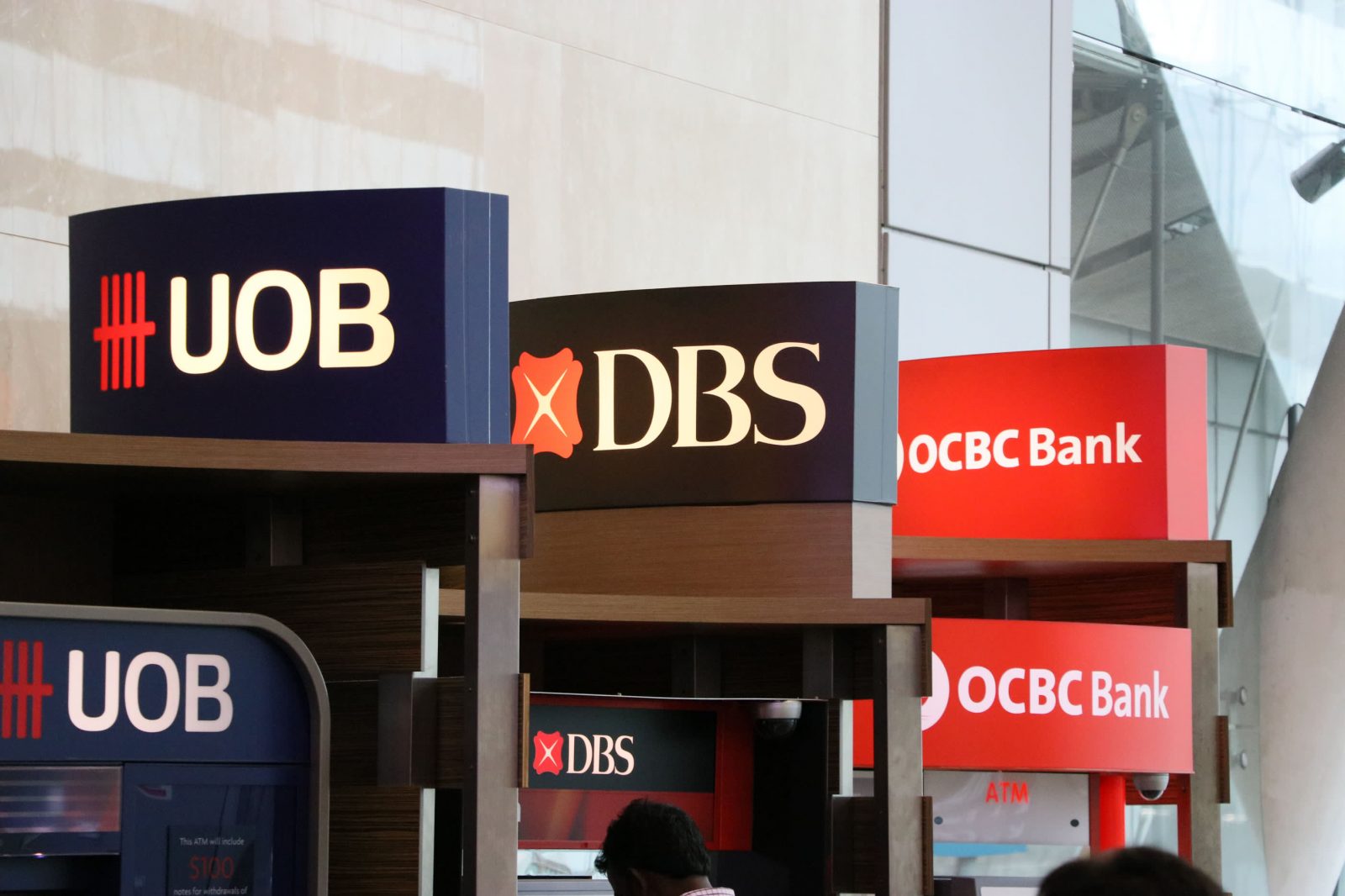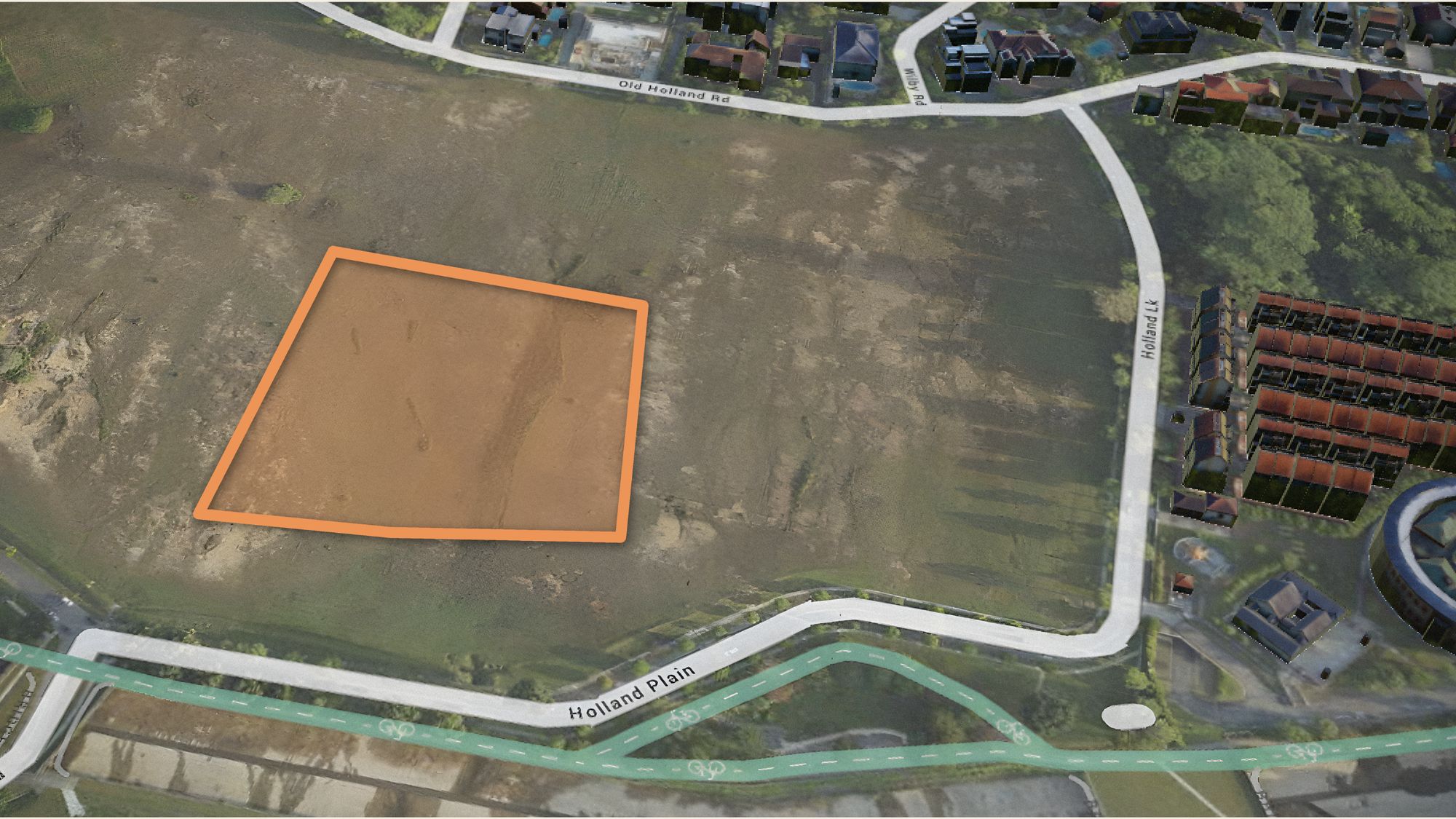Here’s Why A Property Valuation Is A Big Deal When Getting Your Home Loan
May 10, 2020

It’s every buyer’s worst nightmare: you’ve agreed on the condo price, you’ve put your old flat up for sale for this upgrade, and – at the crucial moment – you find you’re $50,000 short of the asking price, and the bank loan won’t cover it.
To your frustration, this isn’t happening because of your credit score, your CPF, or your loan package. It’s a simple case of the buyer wanting more than the bank feels the property is worth. And if you can’t cough up that difference in cash, your dream home is going to the next buyer in the queue.
This is the outcome of a property valuation, that leaves you short on the loan you need. It’s a vital consideration when taking your home loan, and here’s what you should know about it:
What’s a property valuation, as used by actual banks?

There are two general types of property valuation. The first is called an indicative valuation, which is typically done through comparative market analysis.
That is, someone (probably your property agent) looks at prices in the surrounding areas, the history of past transactions, and other factors like your rental yield. This is used to make a rough guess of your property value.
The second type of valuation – which is what lenders rely on – is a true valuation or actual valuation. This is when a specialised third party* conducts an in-depth valuation, working out factors such as the value of renovations, the maintenance of different parts of the house, etc.
(In case you’re wondering, the actual valuation does also take into account renovations done to the property; but different valuation companies might give it different weightage).
*For HDB flats, the valuation is determined by HDB itself.
Why do property valuations matter?
- The valuation affects the amount of financing you can get
- Stamp duties are affected by the valuation
- The valuation can indirectly determine which bank you use
- Valuations set the floor for negotiations
- Fresh valuations may be required for refinancing
1. They affect the amount of financing you can get
The maximum bank loan for any residential property is 75 per cent of the purchase price or valuation, whichever is lower.
For example, say you want to buy a condo that’s priced at $1 million. However, the valuation places it at $950,000. Your maximum loan amount is $712,500 (75 per cent of $950,000).
The excess $50,000 is not covered by the loan, so you need to pay that out of pocket.
This is an especially thorny issue with HDB resale flats, because you have to agree on the price of a resale flat, and put down the deposit first. Only then will HDB reveal the actual valuation.
If the valuation is below the agreed price, you’ll have to fork out the difference in cash.
This is a contributing factor to why some buyers only want new properties. For a new property, the bank will take the developer’s asking price as the valuation; the same goes for new flats bought directly from HDB.
As such, buyers can skip the headache of mismatched asking prices and valuations, when it comes to new properties.
2. Stamp duties are affected by the valuation
Stamp duties are based on the higher of the asking price or valuation (the opposite of financing).
For example, if the asking price of a property is $700,000, but the actual valuation is $1 million, then the Buyers Stamp Duty (BSD) will be based on a percentage of $1 million. The same goes for Additional Buyers Stamp Duty (ABSD), if it applies.
More from Stacked
So many readers write in because they're unsure what to do next, and don't know who to trust.
If this sounds familiar, we offer structured 1-to-1 consultations where we walk through your finances, goals, and market options objectively.
No obligation. Just clarity.
Learn more here.
Should We Keep Our 4-Room Queenstown BTO Or Give It Up For A Resale HDB/Condo?
Hello Stackedhomes,
(You can find out more about the stamp duty rates on the IRAS website).
As such, your children can’t escape stamp duty charges, just because you sell them a property at an abnormally low price. If you sell your condo to your daughter for $1, and the valuation is $1 million, your daughter will pay BSD based on the $1 million.
For buyers, this means that the higher you push your valuation, the more expensive your stamp duties become. Keep that in mind, before chasing the highest valuation to borrow more.
3. The valuation can indirectly determine which bank you use
There’s no advantage to getting a home loan with a higher interest rate. So why do some buyers choose a bank that charges two per cent instead of 1.5 per cent?
It may come down to the valuation.
The bank that charges a higher interest rate may also be the one to accept a higher valuation. And in general, most buyers would prefer a higher interest rate (which they can refinance in a few years), to a higher cash outlay.
In this sense, valuations can affect which bank loan you end up with.
If you need help finding a bank that will give you a higher valuation, drop us a message on Facebook. We can put you in touch with the experts, and save you a lot of time.

Property Market CommentaryWhy It’s Never As Easy As “Just Refinancing” To A Cheaper Home Loan
by Ryan J. Ong4. Valuations set the floor for negotiations
Sellers are not oblivious to your valuation issues as well. They know that, if their asking price exceeds the valuation, it becomes much harder for them to sell their home.
If they need to sell urgently, sellers may be willing to drop the price to meet the valuation. And if the gap between their asking price and the valuation is too huge, that can also act as a reality check for them.
For buyers, note that the valuation tends to set a floor for the negotiations; it’s improbable that any seller will go below it.
5. Fresh valuations may be required for refinancing
If the last valuation for your property was a long time back (e.g. 10 or 15 years ago), you may need a new valuation to refinance. This can impact your home loan significantly, as the fresh valuation could be much higher or lower than the previous.
Banks sometimes want you to pay for this (it’s about $500 to $700); but argue with them. Sometimes if you push hard enough, they’ll agree to absorb the cost.
Do be ready to bargain for a different valuation, when you’re buying resale properties.

Don’t hesitate to call, and directly ask if you can get a different valuation on the property. You can also hit up different lenders (including non-banking financial institutions), to try and find the valuation that you’re happiest with.
While you’re at it, follow Stacked and stay in touch, so we can update you with the latest property related information and condo reviews.
At Stacked, we like to look beyond the headlines and surface-level numbers, and focus on how things play out in the real world.
If you’d like to discuss how this applies to your own circumstances, you can reach out for a one-to-one consultation here.
And if you simply have a question or want to share a thought, feel free to write to us at stories@stackedhomes.com — we read every message.
Frequently asked questions
Why is a property valuation important when getting a home loan?
How does a property valuation impact the amount I can borrow for a home purchase?
In what way does property valuation affect stamp duties?
Can a property valuation influence which bank I choose for my home loan?
Does the property valuation set the minimum price a seller can accept?
When might I need a new property valuation for refinancing?
Ryan J. Ong
A seasoned content strategist with over 17 years in the real estate and financial journalism sectors, Ryan has built a reputation for transforming complex industry jargon into accessible knowledge. With a track record of writing and editing for leading financial platforms and publications, Ryan's expertise has been recognised across various media outlets. His role as a former content editor for 99.co and a co-host for CNA 938's Open House programme underscores his commitment to providing valuable insights into the property market.Need help with a property decision?
Speak to our team →Read next from Property Market Commentary

Property Market Commentary How I’d Invest $12 Million On Property If I Won The 2026 Toto Hongbao Draw

Property Market Commentary We Review 7 Of The June 2026 BTO Launch Sites – Which Is The Best Option For You?

Property Market Commentary Why Some Old HDB Flats Hold Value Longer Than Others

Property Market Commentary We Analysed HDB Price Growth — Here’s When Lease Decay Actually Hits (By Estate)
Latest Posts

Pro Why Some Central Area HDB Flats Struggle To Maintain Their Premium

Singapore Property News Singapore Could Soon Have A Multi-Storey Driving Centre — Here’s Where It May Be Built

Singapore Property News Will the Freehold Serenity Park’s $505M Collective Sale Succeed in Enticing Developers?




































2 Comments
Hi, need help to find a bank that will provide a higher valuation to match my asking price. The difference is abt 25k
Help me understand any other downsides to a lower bank valuation compared to the price you pay. I know that stamp duty is based on the higher value, so you’ll end up paying the stamp duty based on the price you pay, that sucks. But, if you cover some of the cash that your bank doesn’t loan, then your monthly payments are lower (might be considered an upside, no?). Perhaps another downside is when you resell it, you might not make a lot back because you overpaid for the property.